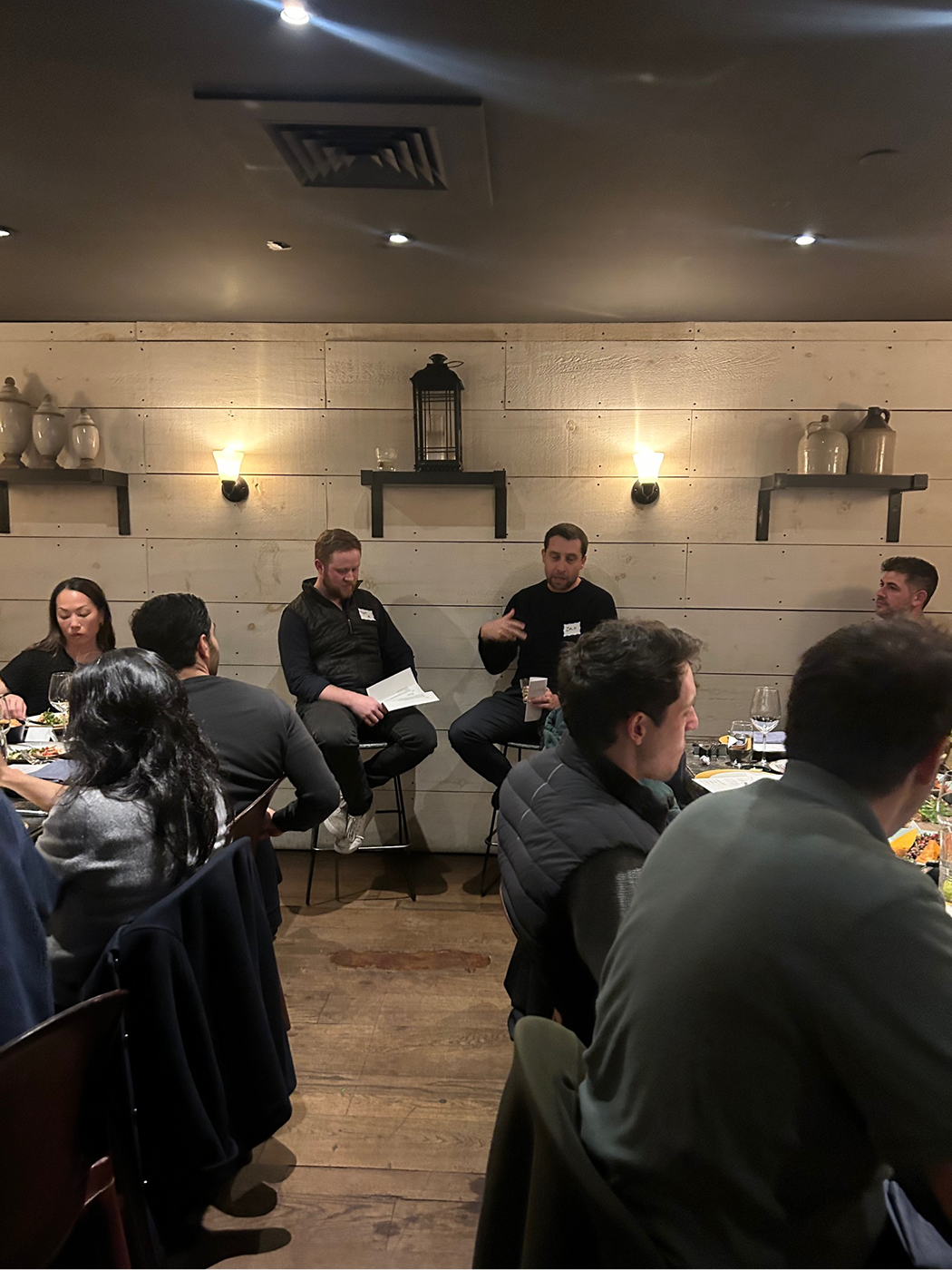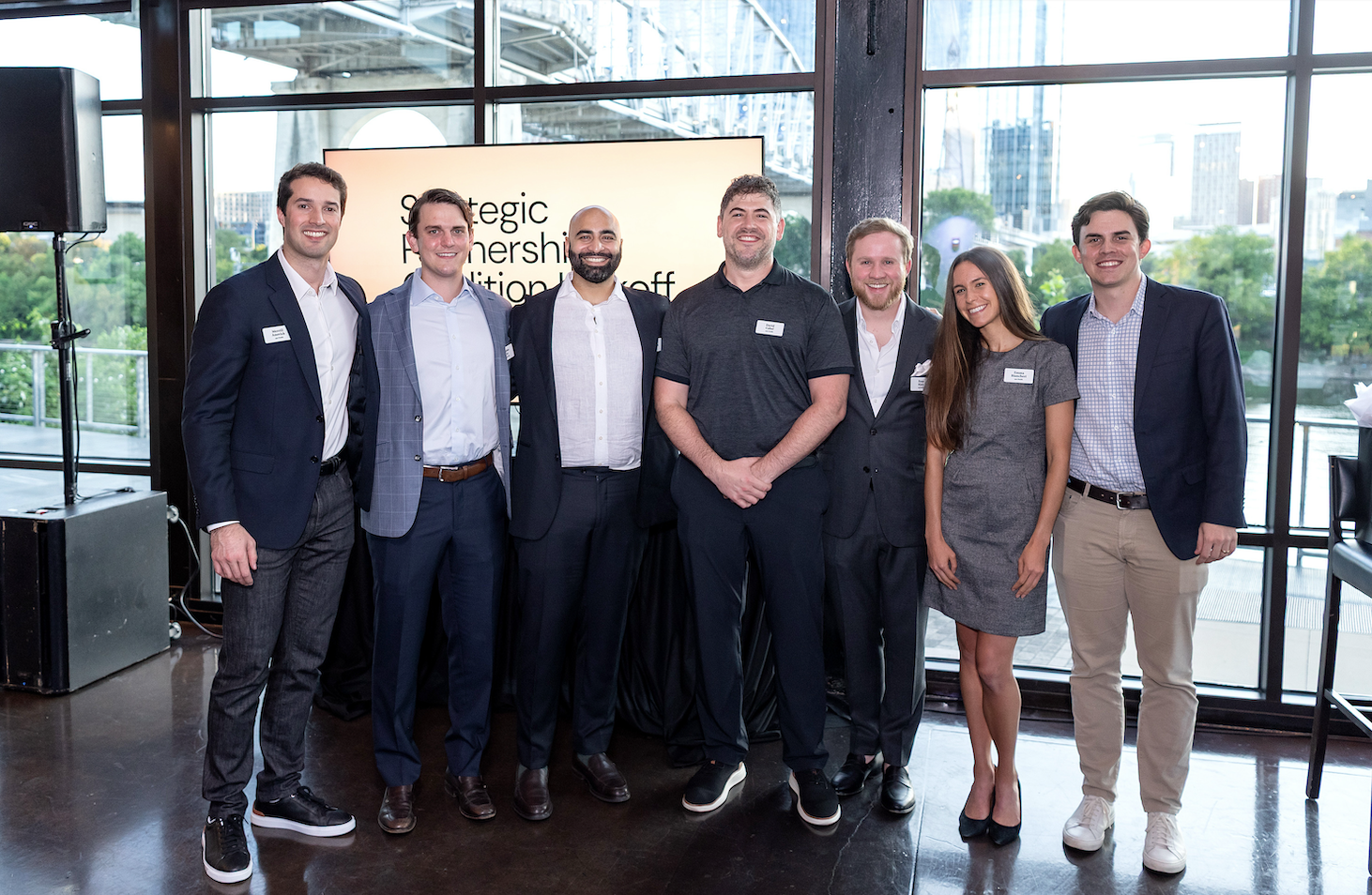
At our recent 25madison Founder Dinner, I sat down with Zach Zaro, a serial founder, former CTO of Maven (+other ventures), and a sharp thinker on engineering culture, to talk about the eternal tension in software: speed vs. quality.
It was an intimate group, founders and builders swapping stories over dinner, but the conversation cut straight to what matters when you’re trying to ship real products in the real world.
1. Moving Fast Without Losing the Plot
Zach’s take was simple: speed is a feature, but only when it’s aimed at learning.
You can’t “go fast” by layering complexity or building everything that might be useful someday. The best teams keep products small and tightly scoped, validating one thing at a time. The moment the codebase starts to feel heavy, it’s time to stop and trim.
AI and automation can help you move faster, but they don’t excuse you from thinking. Architecture still matters. Review still matters. The faster the car, the more you need to steer.
2. The Role (and Risk) of AI in Engineering
We talked about the rise of agents, LLMs, and Autogen-style systems, all promising to take “coding” off our plates. Zach’s view: they’re incredible accelerators when constrained, but they can just as easily generate chaos.
Too many tests, too much scaffolding, too many auto-generated abstractions can feel productive while actually slowing the team down. Human review, checkpointing, and code pruning are still the difference between momentum and mess.
3. Hiring for Curiosity and Ownership
When it comes to building great engineering teams, Zach doesn’t overthink it:
Hire people who fix things fast, empathize with users, and care about outcomes.
That combination of speed, empathy, and ownership is rarer than raw technical skill.
Simplified coding challenges (like building a small API) still tell you a lot about how someone thinks. The real signal isn’t in syntax; it’s in how they approach tradeoffs.
I couldn’t agree more. The best engineers I’ve worked with don’t just write code. They solve problems, stay curious, and care deeply about the people using what they build. It’s that mindset that makes small teams punch far above their weight.
4. The Enduring Value of Human Taste
AI can generate code, wireframes, even logos, but it can’t feel what makes a product click.
Zach reminded us that great design, brand, and emotional resonance still come from human taste. The companies that stand out blend velocity with a coherent, human vision.
Speed without taste leads to noise. Taste without speed never ships.
5. Caring About the User (and the Work)
QA came up, and the takeaway wasn’t “automate everything.” It was the opposite.
Rigid QA slows teams down; empathy speeds them up. Engineers should walk the user journey, not just fix tickets. When teams truly own outcomes like bugs, polish, and delight, quality becomes a natural byproduct.
What We Took Away
Our founders left with a few clear takeaways:
- Build small, validate fast. Trim scope relentlessly.
- Balance automation with human judgment.
- Hire for curiosity, ownership, and empathy.
- Keep design and brand grounded in human taste.
- Make engineers care about the product, not just the code.
It was a reminder that the best engineering cultures aren’t just fast, they’re thoughtful.
They move quickly because they stay simple, aligned, and human. I like that.












